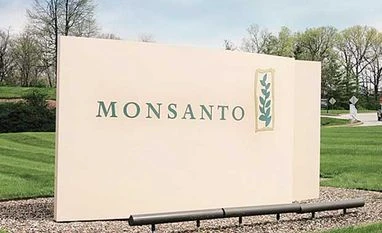German drug giant Bayer said on Friday it was in talks to acquire US agriculture group Monsanto, after weeks of speculation about a possible tie-up.
"Bayer executives recently met with executives of Monsanto to privately discuss a negotiated acquisition of Monsanto Company," the Leverkusen-based company said in a statement.
"The proposed combination would reinforce Bayer as a global innovation-driven Life Science company with leadership positions in its core segments, and would create a leading integrated agriculture business," it added.
Bayer's statement, which said that discussions were still "preliminary", followed one issued late Wednesday by St Louis, Missouri-based Monsanto.
"In response to recent media reports, Monsanto Company disclosed that it has received an unsolicited, non-binding proposal from Bayer AG for a potential acquisition of Monsanto, subject to due diligence, regulatory approvals and other conditions," Monsanto said.
Monsanto shares surged last week following reports it could receive a takeover bid from Bayer for $40 billion or more.
More From This Section
Neither statement mentioned how much any proposed deal would be worth.
Monsanto, a major manufacturer of agricultural seeds and herbicides, employs about 20,000 workers and is one of the world's leading biotechnology companies.
"We produce seeds for fruits, vegetables and key crops such as corn, soybeans, and cotton that help farmers have better harvests while using water and other important resources more efficiently," the company said in its statement.
Bayer, which employs around 117,000 workers, had global sales in fiscal year 2014 of 46.3 billion euros ($51.9 billion).
Agricultural suppliers like Monsanto have been pressured by low commodity prices that have caused farmers to cut orders for supplies. In March, Monsanto slashed its earnings forecast for 2016.
Sluggishness in the industry has also sparked deals such as a mega-merger between DuPont and Dow Chemical.
Switzerland's Syngenta last year rejected an unsolicited offer from Monsanto, later agreeing to be bought by China National Chemical Corp for $43 billion.
)